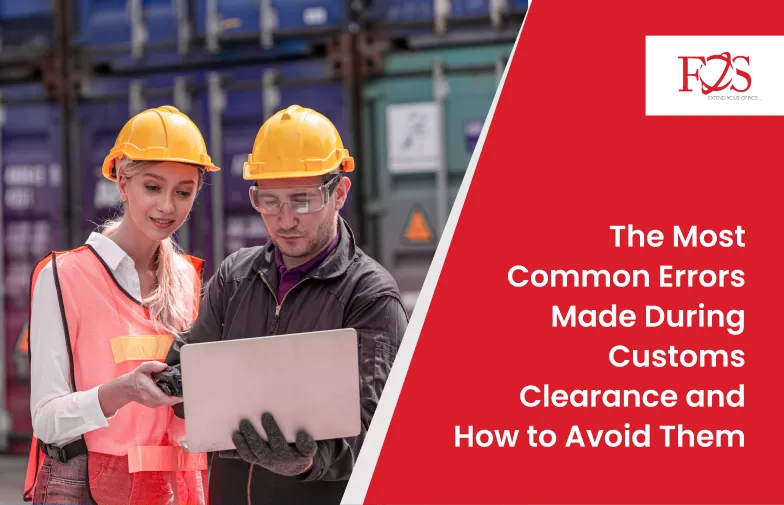As global trade continues to flourish, customs clearance has become an integral part of the import-export process. However, it can be a labyrinth of regulations, paperwork, and potential errors that can lead to delays, fines, and even the seizure of goods. In this comprehensive guide, we will explore the most prevalent errors made during customs clearance and offer expert insights on how to avoid them. Armed with this knowledge, you can ensure a smooth and efficient customs clearance process for your shipments.
Inaccurate or Incomplete Documentation
One of the most common mistakes during customs clearance is presenting inaccurate or incomplete documentation. This can be as simple as misspelling a consignee’s name, failing to provide the correct invoice details, or overlooking crucial permits and licenses.
To avoid this error, it is essential to double-check all documentation meticulously before submission. Seek assistance from customs brokers or freight forwarders who specialize in customs regulations, as they can offer valuable guidance and review your paperwork for accuracy.
Misclassification of Goods
Goods are classified based on the Harmonized System (HS) codes, which are used worldwide to categorize products for customs purposes. Misclassifying goods can lead to overpayment or underpayment of duties, causing potential delays and penalties.
To avoid this pitfall, invest time in understanding the HS code system or consult with customs experts to ensure your products are correctly classified. Up-to-date customs software can also help in accurately identifying the right HS codes for your goods.
Incorrect Valuation of Goods
The reported value of the items is sometimes used to determine the amount of customs charges and taxes. Under-declaring the value might be tempting to reduce costs, but it is illegal and can result in hefty fines, confiscation of goods, and even legal action.
To avoid this costly mistake, ensure the declared value is accurate, inclusive of all related costs, such as freight, insurance, and any additional charges incurred during transportation. Being transparent and honest in declaring the true value of your goods will save you from unwanted trouble down the road.
Ignoring Country-Specific Regulations
Each country has its own set of customs regulations and restrictions concerning certain goods, quantities, or origin. Ignoring these rules can lead to seized shipments, fines, and potential bans on future imports.
Thoroughly research the customs regulations of the destination country before shipping, and seek professional advice if needed. Stay informed about any changes in trade policies, as regulations are subject to revision over time.
Inadequate Customs Brokerage Support
Attempting to navigate customs clearance without the help of a qualified customs broker can be a costly mistake. Customs brokers possess specialized knowledge, stay updated on changing regulations, and have established relationships with customs authorities.
Enlisting the services of a reliable customs broker will streamline the clearance process, saving you time and ensuring compliance with all customs requirements.
Improper Packaging and Labeling
Neglecting to comply with specific packaging and labeling requirements can cause significant delays in customs clearance. Labels must be accurate, and packaging should protect goods adequately while also meeting import regulations.
Invest in quality packaging materials and ensure labels are clear, legible, and comply with the destination country’s regulations. Double-check that the package includes all necessary markings and safety symbols.
Non-Compliance with Environmental Standards
Certain goods, such as hazardous materials or items made from protected wildlife, require adherence to stringent environmental regulations. Law enforcement action and harsh fines may result from non-compliance.
Educate yourself about the environmental regulations that apply to your goods and seek appropriate permits and certifications when required. Engage with a customs expert who is well-versed in environmental compliance to avoid any potential violations.

Conclusion
Navigating customs clearance can be a complex and overwhelming process, but with awareness of the most common errors and the strategies to avoid them, you can successfully maneuver through this vital aspect of international trade. Accuracy, compliance, and seeking professional assistance when needed are key to ensuring a seamless customs clearance experience.
By carefully preparing accurate documentation, correctly classifying goods, adhering to country-specific regulations, and leveraging the expertise of customs brokers, you can mitigate risks and enjoy the benefits of efficient customs clearance. Remember, staying informed and proactive will not only save you time and money but will also strengthen your reputation as a reliable global trader.
